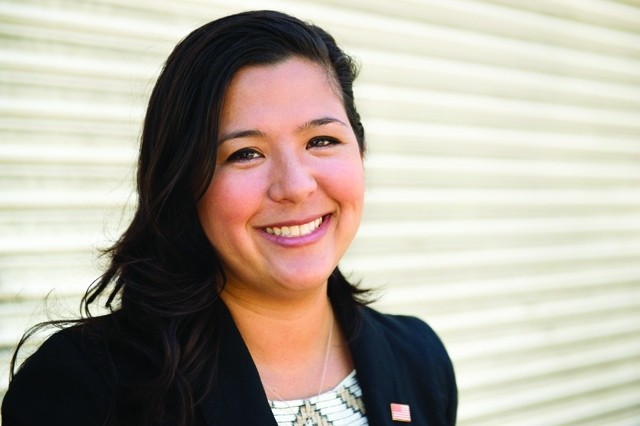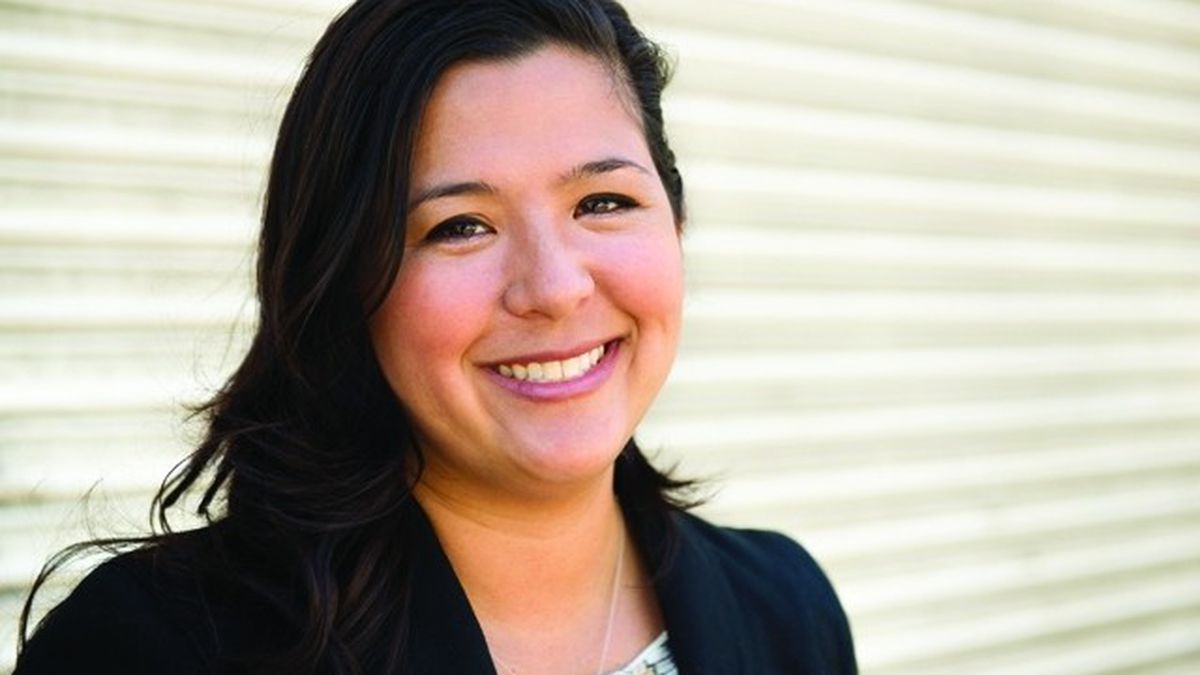
As a millennial recently elected to local office, I am often asked what we need to do to get more young people of color engaged in American politics and why more of us don’t seek elected office. Between the implicit bias well established research tells us exists and the costs — both personal and financial — of running for office, the odds are against us.
Admittedly, I had an advantage due to my past work on campaigns and my professional experience in policy and law, and I sought office with my eyes wide open. These were relationships that provided the encouragement, support, and resources necessary to win. As fewer millennials identify with a particular political party, these kinds of relationships are harder to build and use in a run for elected office.
There are numerous special interest groups formed to help elect people with similar ideologies or particular personal attributes — gender, military service, ethnicity — but none specific to electing the next generation of leaders: millennials who are the most diverse generation and soon will surpass all other voting blocs.
While on the campaign trail, I heard a lot from people — future constituents, interest groups, and those already in office — about how glad they were that I was putting myself out there and how it was important to have a diversity of viewpoints at the table of power.
However, as much as people say they like the idea of diversity in government — in age, race, and economic status — the reality is that those in power are often reticent to accept people who aren’t like them. Although change is hard, we desperately need a diversity of people in government to effectively represent the diversity of our population. Otherwise, people are left out, misrepresented, or forgotten. In order to have meaningful governance, we also need to understand and remove the barriers that discourage young people of color from seeking office.
Even more barriers exist for young women of color. My own experience is a case study. In addition to working as a public interest attorney and a professor, I spent 20 hours a week for five months knocking on doors and talking with voters while campaigning. As a councilmember who still has two other day jobs, I spend (at least) the same amount of time with constituents and preparing for and attending council meetings, which leaves less time for a personal life, including caring for an ill family member. Public service is an honor, and one that needs to be prioritized and accommodated in our hectic lives.
Like every average millennial, I am not a trust fund kid; I didn’t grow up with a silver spoon in my mouth. I needed loans for college and law school, and a hefty mortgage to buy my first home with my partner. We are diligently paying our mortgage and student loans, and are happy to pay for the American dream.
But, this means that I can’t self-fund, and was forced to fundraise to ensure a successful campaign. Even though I turned down money from corporations, the local firefighters, and developers that my colleagues accepted, critics complain that I have been influenced by the very contributions I declined. If there is a lesson here, it’s that fundraising is tough, but you can still be ethical, and until we have public campaign financing, it is a necessary evil.
In my 18 months on the Alameda City Council, despite being the highest vote-getter, I also have been the subject of numerous personal attacks and threats, including baseless allegations of misconduct that were found by an independent investigator to have no merit. The attacks range from the repetition of false, uninformed gossip (such as that I don’t live in Alameda) to outright malicious lies aimed to discredit and intimidate me (such as that my father knew someone involved in the Jill Keimach investigation). And, there has been a cost associated with these lies — tens of thousands of dollars in legal fees paid by me and my campaign.
Despite this, I am still committed to fulfilling the will of the voters and the job I set out to do. I continue to have hope, because I know that I am still at the table adding a new perspective to the conversation. And in cities across the U.S., there are other young elected officials who are making a difference. It is up to all of us to speak up, to make governing more representative, and to support and inspire our peers to get involved.
Malia Vella is an Alameda city councilmember.














